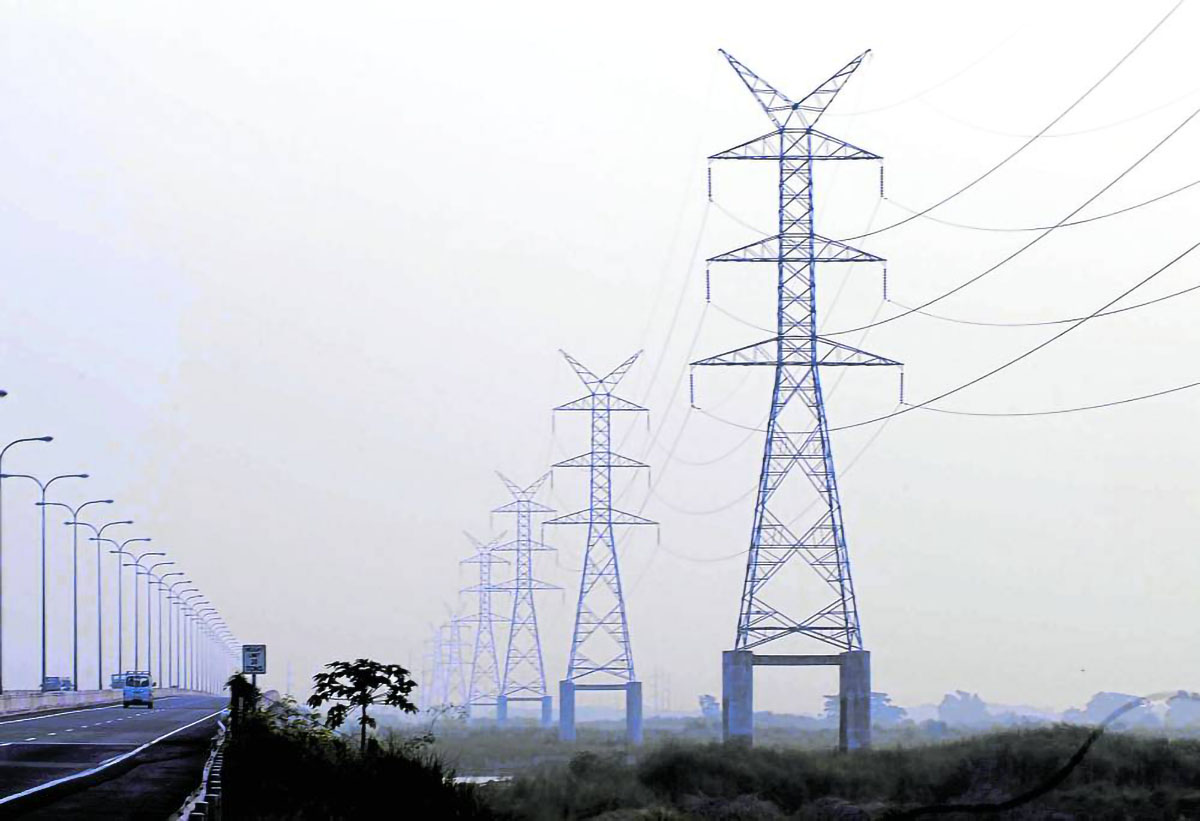
The NGCP transmission lines (Photo from NGCP’s Facebook page)
Rotating power interruptions may hit portions of Negros Oriental province if a transmission project in Dumaguete City is not be completed on time, the National Grid Corporation of the Philippines (NGCP) warned.
The grid operator appealed to government officials and distribution utilities in Negros Oriental to hasten the completion of the 138-kilo Volt Amlan-Dumaguete transmission line.
“Localized manual load dropping or rotating power interruptions might occur at any time if the project is not finished soon,” NGCP said in a statement on Wednesday.
NGCP said it was supposed to complete the transmission facility by September this year, as stated in its application submitted to the Energy Regulatory Commission. However, NGCP was forced to push back the schedule to January 2026 due to “local resistance” to the project.
“NGCP is working with the provincial government of Negros Oriental, local distribution utilities, and local stakeholders to complete and energize this line as soon as possible,” it said.
The company made the appeal as the existing 69-kV Amlan-Siaton line, which caters to Negros Oriental, including Dumaguete City, can no longer accommodate electricity coming from new power plants. Transmission lines are designed to deliver energy coming from a power generation facility to electricity end-users.
The Amlan-Siaton transmission line, according to NGCP, is “already overloaded” at 69 megawatts as of April 25—exceeding the normal limits of about 58 MW.
The Amlan-Dumaguete transmission project, described as an energy project of national significance, would have catered to additional capacities from new power facilities if completed.
NGCP also said it would address low voltage incidents as well as mitigate potential recurring and prolonged power interruptions in the area.
“It will also accommodate the growing power demand in Dumaguete City and the province of Negros Oriental,” it added.
NGCP thanked Negros Oriental Gov. Manuel Sagarbarria for his support and said it was “eagerly awaiting the issuance of the needed permits.” —JORDEENE B. LAGARE

